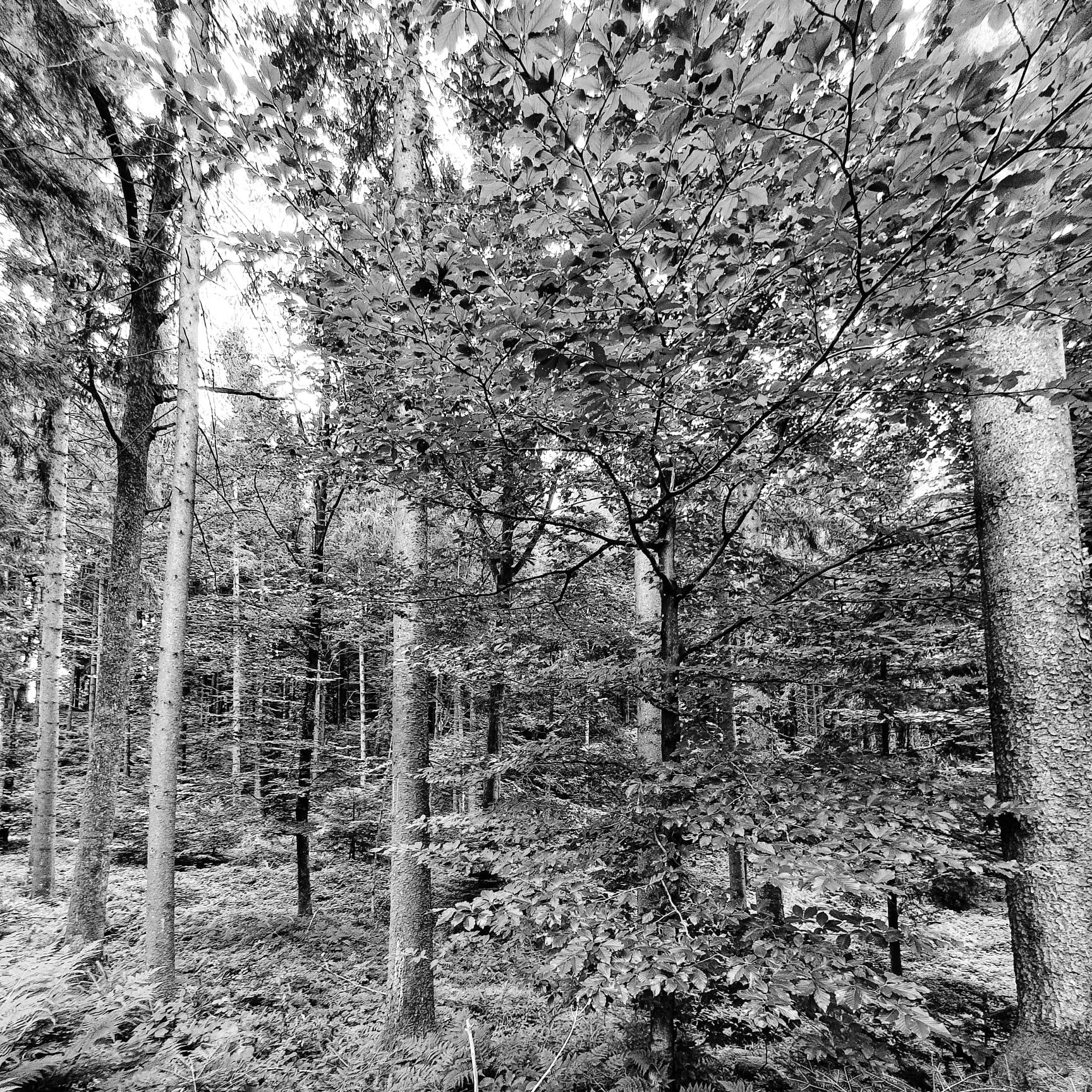
Often I have to laugh heartily at human-shaped words – weeds is one of them. So a herb is not a herb, say a weed, only because it eludes human control. Because it does not do what we want, it becomes an absurdity.
There are many things that have become preposterous because they are uncontrollable: Pain. Death. Disease. Most people would like to destroy all of them, like the weeds that stain their garden.
What a pity that they so badly misjudge their greatest teachers. Thanks to death, I know how to let go. Thanks to disease, I know how to fight. Thanks to pain, I know how to accept. Thanks to the weeds, I know that nature is perfect, just as it is, and I’m too small to fully grasp its essence.
My friend Sara has been struggling with chronic cystitis over the last few years. At the same time she constantly complained about the nettles that overgrew her vegetable garden, claiming she had never seen stinging nettles near her home before.
One day I read a post by Wolf-Dieter Storl on the subject of weeds, and after verifying what I’ve read by looking at the healing effects of the stinging nettle, I immediately called Sara:
“Honey, go out to your garden and pick those stinging nettles. Make some tea out of them and let me know how your bladder is doing in a few days. According to Storl, the remedy for human disease always grows in the persons immediate environment, and is often thought to be proliferating weed.”
Not even a week had passed when Sara told me that her bladder infection had disappeared. Today she is inflammatory-free and her garden is free of nettles.
Everyone should draw from this experience what he considers important; No reality is definite.
For me, this experience has been a testament to the fact that we humans often prejudge situations and then try to change what is, rather than accepting the situation for a moment, look at it more closely and hence save ourselves some detours.
At the present time, there are many people who strive for enlightenment, but take a much wider detour than the one who does not care about enlightenment at all. This has to do with the fact that Buddha spoke and strove for the liberation of suffering; He did not achieve this liberation, however, by condemning everything dark and worshiping all that is light (as was often falsely translated), but by totalitarian acceptance of all that is.
Without darkness no light – Without rain no harvest – Without transience no stars – Without above no below – Without inside no outside.
What if there can only be light, if there is the dark, too, because otherwise all that exists loses itself in endless gray?
Are pain, disease, weeds and death in retrospect really bad?
Or are they the ones who give the necessary contrast to the colorful dance of our lives?
These experiences are certainly extremely unpleasant at the moment of processing, which is why our brains avoid the confrontation with them as far as possible.
But the universe is in eternal equilibrium and at the same time in constant motion – I just can not imagine that in such a perfect thing there is even a speck of dust of imperfection.
Maybe, sometimes it’s good to let the weeds grow a little – who knows what cure they might bring?

Enso Elea Subscription
Join the shamanic online community and gain access to:
• World’s first online Aura School
• Training in Deep Magick
• A library of shamanic tools for dealing with your own Aura and life
• The wisdom of the Runes
• The Celtic Tree Horoscope
• Exclusive episodes of my podcast “Cosmic Radio”
• Plenty of recorded Reisa as well as Melodies and Chants that nourish and strengthen the Connection of Self and Soul
• A monthly shamanic community Reisa
• Weekly shamanic Flow Sessions via Zoom which get recorded so you’ll never miss one
• Spiritual consultation by me
Your Enso Elea subscription can be booked with or without the shamanic Flow Sessions and can be paid for by Credit Card or Bank Transfer.
You can access Enso Elea via the internet browser on your Computer, Tablet or Smartphone.
If you do not cancel it beforehand, your subscription will continue automatically after the free trial expires. You can change or cancel your Enso Elea subscription at any time with effect from the next billing date.